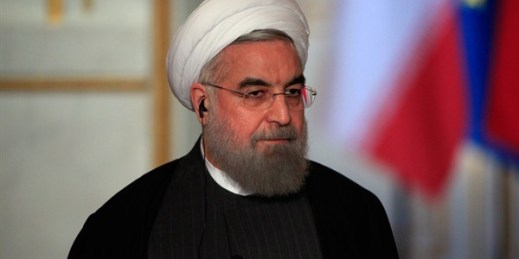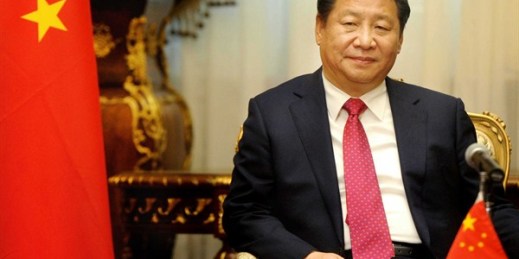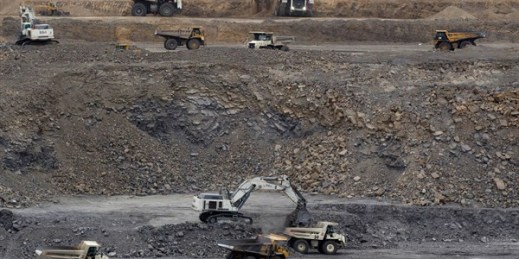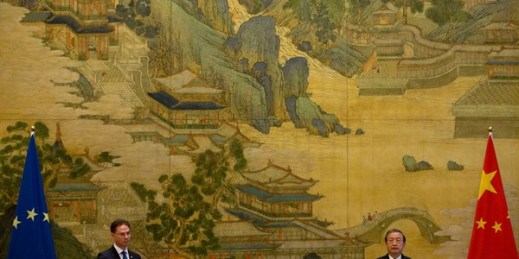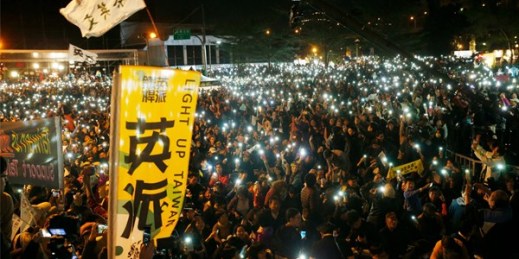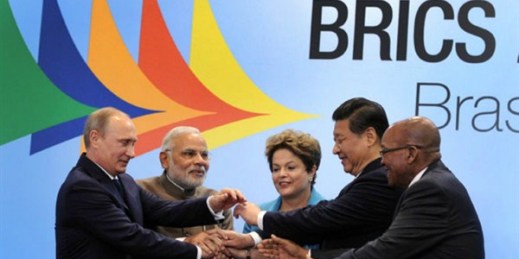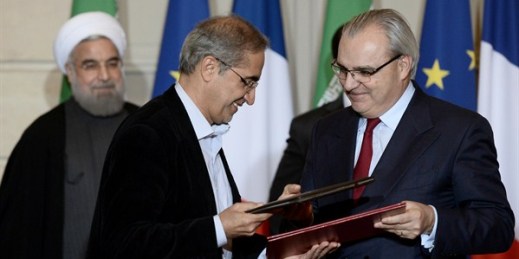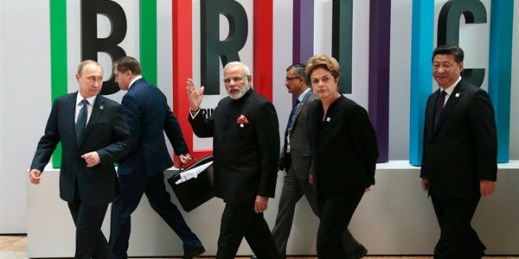
In this week’s Trend Lines podcast, WPR Editor-in-Chief Judah Grunstein and host Peter Dörrie discuss the impact of El Niño on South America, Iran’s economy after the end of sanctions, recent elections in Taiwan and upcoming elections in Uganda. For the report, we are joined by Miles Kahler, senior fellow for global governance at the Council on Foreign Relations, who explains the increasing influence of emerging economies on the international stage. Listen: Download: MP3 Subscribe: iTunes | RSS Relevant articles on WPR: El Niño Tests Latin America’s Ability to Adapt to Climate Risks After Sanctions, Rouhani’s Economic Agenda Faces Challenges […]

